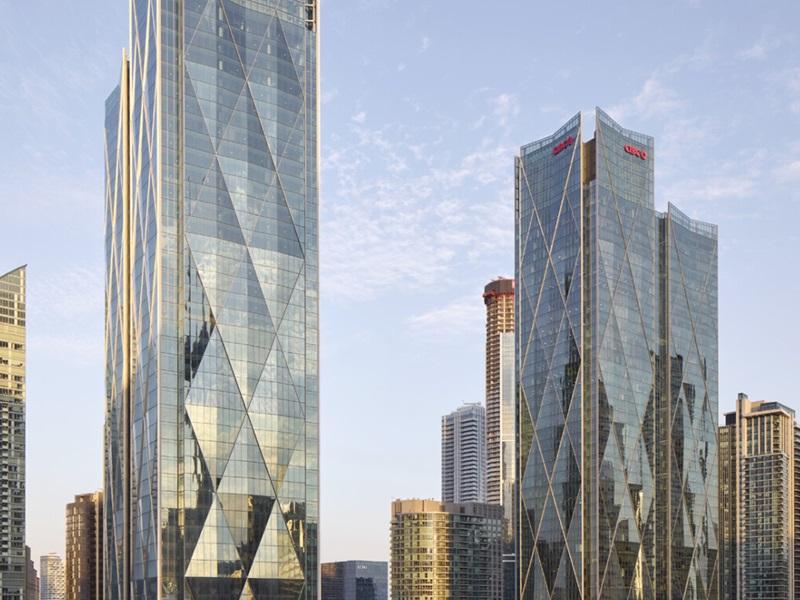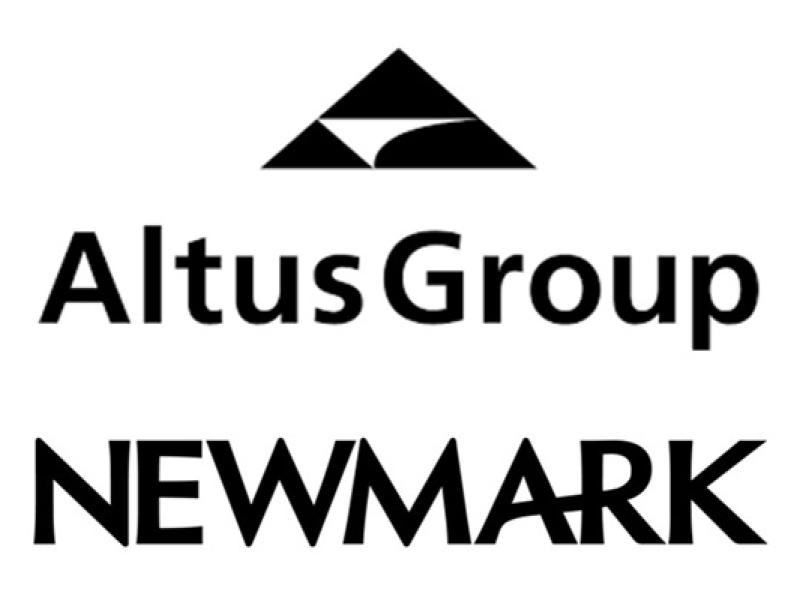Megatrends are often described as powerful and transformational forces that can change the economy, business and society over the course of centuries.
Obvious examples of this would be the use of electricity, the creation of the automobile and in the most recent past, the adoption of the Internet.
We follow quarterly and annual trends in our markets, but what are some of the megatrends being predicted for our economy that could affect commercial real estate?
A number of experts ultimately agree on a few megatrends that will impact the way we do business in the foreseeable future. Most of these predictions centre around climate change, technological breakthroughs and rapid urbanization.
Climate consciousness
The IPCC is the Intergovernmental Panel on Climate Change for the United Nations. If its estimates come true, the temperature of the planet will rise 5.8 degrees Celsius by 2100.
Climate deniers and climate doomsayers can disagree all they want about how fast the planet is heating up, or how hot it will get, but I think we can all appreciate there is some sort of change afoot.
We have already seen the adoption of the National Energy Code of Buildings (NECB) which “sets a minimum standard for energy efficiency for medium and large buildings.”
This will certainly have a direct impact on commercial real estate development in the design and construction aspects.
There are benefits for greener offices, though.
Barry Stuart predicts the demand from tenants and their employees for this type of product is only going to grow.
Life automated
I often marvel at the technological wonders my great-grandmother must have seen.
I know she personally witnessed the adoption of indoor plumbing, driving a car, tuning into television and even cooking by microwave.
Are we going to see the same wave of change during our lifetimes?
I don’t think we’re headed in the direction of the Jetsons just yet. However, I do believe the automation of our workforce could have an effect on the types of properties businesses develop and lease.
McKinsey and Company is an international firm which predicts nearly two-thirds of occupations could see a third of their activities automated.
Some industries will be more susceptible than others, but those industries will ultimately still need commercial property to house their businesses.
Retailers may continue to be the hardest hit by technology disruption. Ultimately, though, even the Amazons of the world still need warehouse space.
I don’t believe artificial intelligence is quite ready to replace us all, but adopting technological change will no longer be a choice.
Whether you’re a professional investing or selling commercial real estate, it would be wise to get on the technology train now or you will get left at the station.
People are piling in
No part of the planet is immune to rapid urbanization, not even little old Saskatoon. We’ve commented on the local impacts of suburban growth vs. urban densification.
This isn’t a new trend, but the pace of it may be to some readers.
By 2050, approximately two-thirds of the world’s population will live in urban areas; this is compared to 30 per cent of people in 1950.
This will mean increased pressure for urban infrastructure and development which is great news for landlords.
Theoretically, even if business owners are occupying smaller footprints for their physical space, prime rentable inventory may become even more valuable.
If you own real estate in an urban market, it’s probably not a bad idea to hang onto it. But, for how long?
Ultimately, it’s hard to really process how any of these changes are going to shape the landscape of future commercial real estate. Some of these predicted changes will take place many years after we’re gone.
For comparison sake, HP has created a list of predictions that have come true and others that definitely did not pan out.
I think it’s really a guessing game on where current trends are going to take us and how fast we’ll get there.







